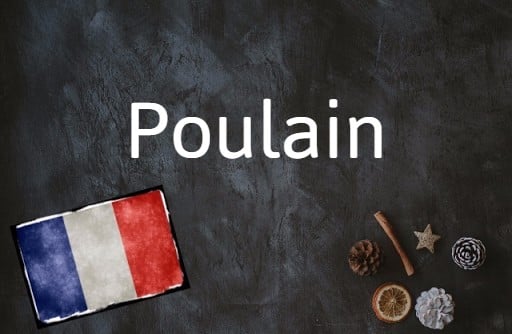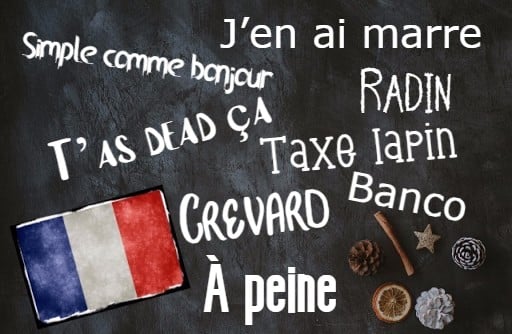Why do I need to know poulain?
Because it’s more than just Amélie’s surname (the film’s original French title is Le Fabuleux Destin d’Amélie Poulain). It’s also a cute image you can use to describe the relationship between two people.
What does it mean?
A poulain is literally a young horse – a foal in English – but it’s also used figuratively to refer to someone who is guided or trained by a person who is more influential in their field.
It’s similar to the term protégé (which is used in both English and in French) but it doesn’t have quite the same connotations. It’s more common to hear the word protégé, because it’s more general – someone you favour, spend lots of time with, and seek to protect, without necessarily expecting anything in return. Whereas a poulain is someone you’re training, because you expect great things from them.
That’s why poulain is mainly used in industries such as sports, politics, or culture. If a trainer takes an athlete under their wing, or a director decides to mentor an actor, it’s because they want them to achieve greatness. Therefore you are more likely to hear the term used in films rather than in everyday speech.
While the term for a female foal is pouliche, you wouldn’t generally use this in the same way. Whether you’re talking about a male or female protégé, it’s safer to say un poulain.
Use it like this
Riad Sattouf a fait de Vincent Lacoste son poulain – Riad Sattouf took Vincent Lacoste under his wing
Mon neveu, c’est vraiment mon poulain – My nephew is really my protégé



 Please whitelist us to continue reading.
Please whitelist us to continue reading.
Member comments